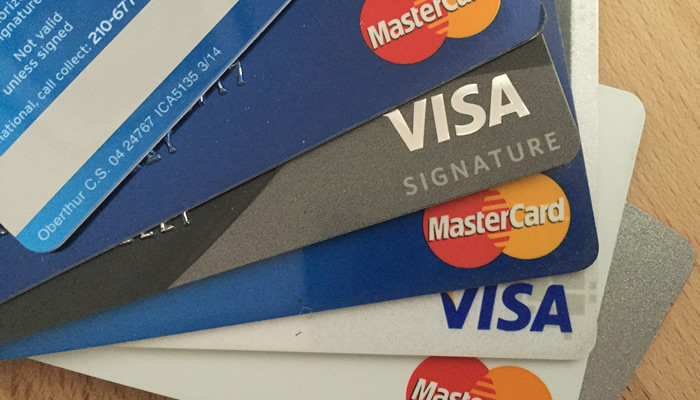
Most consumers scoff at the thought of paying an annual fee. On the surface that makes a lot of sense; limiting recurring monthly and annual costs is a great way to keep your budget in check. But when it comes to credit cards, it might make a lot more sense to opt for a credit card that carries an annual fee.
The perks
Most no-fee credit cards payout about 1 per cent of net spend in the form of reward points, miles, or cashback. Credit cards with annual fees generally payout more, up to 2 per cent with additional earnings available in select categories. Many credit cards offer a no-fee version and an annual fee version.
Crunch the numbers to see if it makes sense to pay the yearly fee. If you’re a big a big spender, an annual fee credit card often makes sense. Many annual fee credit cards also offer additional perks like extended warranty coverage, car rental insurance and travel insurance. If you plan to take advantage of those benefits, look at the cost of those benefits on their own. You might discover your annual fee credit card pays for itself.
Take a hard look at your credit card usage
Before you dismiss annual fees, look at how you use your credit cards. Are there areas where you could move expenses onto a credit card rather than writing checks or paying cash? Obviously paying off the balance in full is the only way this makes sense.
Being financially responsible means only making purchases on your credit card you can afford to pay off in full once your statement comes due. Generally, if you’re carrying a monthly balance on rewards cards you’re probably paying more in interest than the rewards are worth. In this case, it’s best to stick with a card with a lower APR.
Research offers
Before signing up for any credit card – no-fee or premium – it’s important to look for the type of credit card that best matches your lifestyle. Credit cards come with various reward programs, including cashback, points, and travel rewards. Familiarize yourself with the different types of credit cards and sign up for the credit card that maximizes your reward points based on your spending habits. Premium credit cards vary greatly, and the top offers often have annual fees of $100 or more. Take a few minutes to research the benefits and see if you’ll come out ahead after the annual fee.
Caveats
Credit cards are a powerful financial tool when used responsibility. It’s important to pay attention to your credit card balance, not just your reward point balance. With the typical credit card charging 19 per cent or more in interest, the math simply doesn’t add up when carrying a balance.
Another common credit card pitfall to avoid is signing up for a card just for the rewards. For example, store credit cards often come with a sign up bonus, such as 10 percent off your next purchase. But these “deals” can often lead to overspending, and the terms of retail branded cards are often much worse than other offerings. Plus, not only can signing up for too many credit cards in a short period of time lower your credit score, if these are annual fee credit cards they can end up costing you a bundle (especially if your spending is spread across many credit cards).
The Bottom Line
Before you outright dismiss premium credit cards with annual fees, it’s important to do the math. If you’re a big spender, an annual fee credit card can make sense. Before signing up, be sure to research offers that fit your lifestyle, avoiding the pitfalls and reaping the rewards to come out ahead.




